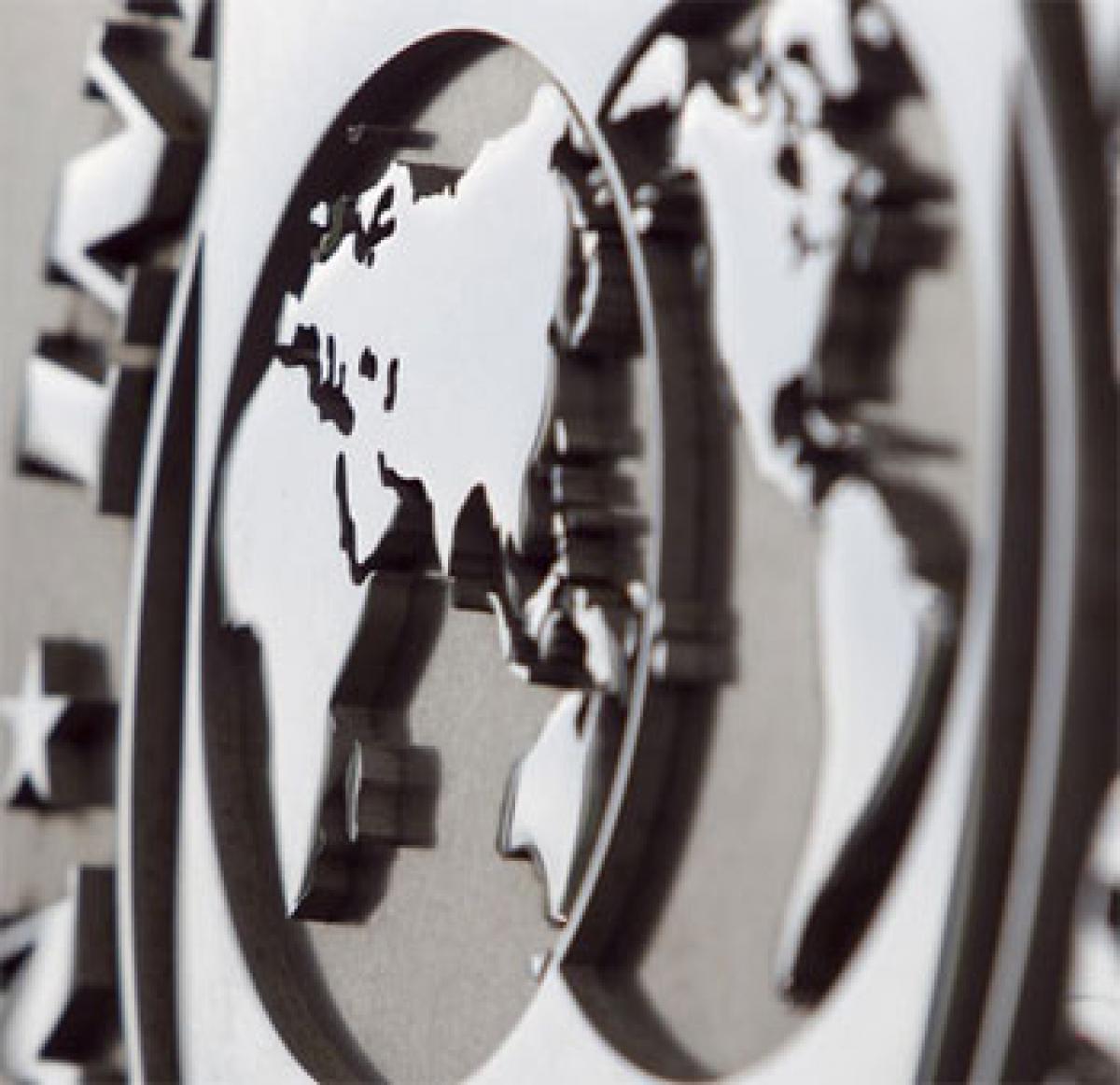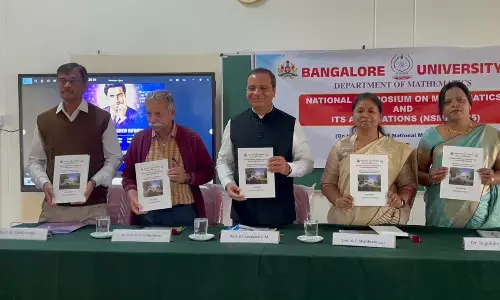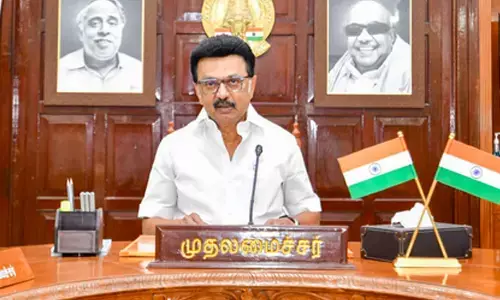Brace for global headwinds

The New Year dawns with a caution that the global growth prospects continue to be grim. The International Monetary Fund (IMF) expects the world economic performance to be disappointing in 2016, too. The prediction is certainly worrisome as the dampening growth remains a challenge even eight years after the global recession rocked the globe.
The New Year dawns with a caution that the global growth prospects continue to be grim. The International Monetary Fund (IMF) expects the world economic performance to be disappointing in 2016, too. The prediction is certainly worrisome as the dampening growth remains a challenge even eight years after the global recession rocked the globe.
A host of factors seem to be contributing to this. The United States Federal Reserve has hiked the interest rates. This would decelerate the capital flows and can even lead to capital flight from the emerging economies. Though the rise in interest rates is long expected, the trends indicate further rise in the coming year. This keeps the economies of several countries in a state of uncertainty.
The IMF warned that there are potential spillover effects of US Fed rate hike. This will cause higher financing costs. The ability of the developing economies including the emerging economies to absorb shocks due to global policy shifts is constrained.
The rising interest rates in US with the consequent capital flight from the emerging economies would result in stronger dollar and weakening of domestic currencies in many countries. This would worsen the corporate indebtedness which has increased substantially during the regime of cheaper foreign funds. The currency depreciation will accentuate external vulnerabilities in developing economies having an overall impact on global growth.
Meanwhile, China continues to experience slowdown. With the economy of the size of China registering a sluggish growth, the contagion effect would increase vulnerability in the world economy that is greatly influenced by Chinese consumption.
The growth in global trade is also negative. The continuing protectionist measures and unilateral behaviour of the advanced industrialised nations are posing a serious threat to the global trade regime. These advanced capitalist nations with their capital surplus economies are increasingly pushing for free trade of goods,
services and capital but are seriously resisting calls to open up their economies for the surplus labour from countries like India. Even the skilled professionals including those in the IT & ITES sector are targeted. This unfair trade regime has an adverse impact on the global trade prospects.
Meanwhile financial risks are mounting in many emerging economies including India. The volatility and vulnerability in financial sector can lead to an uneven and slow rate of global growth. Even the RBI Financial Stability Report has warned of macro–financial risks in the Indian economy.
The ageing population in many of the industrialised economies is resulting in low productivity. Economies like India should calibrate their domestic policies to withstand global headwinds. As suggested by IMF chief, the risks of global downturn can be overcome by supporting demand, maintaining financial stability and reforming structures.
This is truer for India whose economic strength lies in domestic savings, domestic investment and domestic market. As recommended by the RBI in the Financial Stability Report, India should step up public investment to spur demand. Focus on stable capital flows, boosting exports, reappraisal of spending priorities, curbing imports driven by conspicuous consumption etc are essential policy premises needed for insulating India from global slowdown.

















